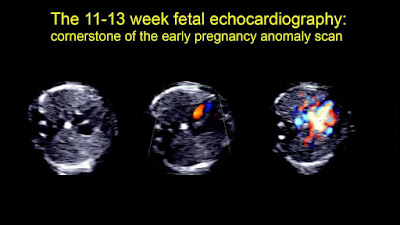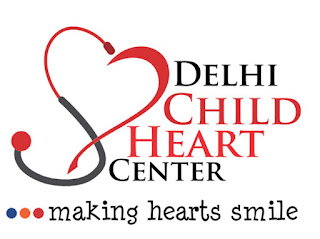Ductus Arteriosus is a short vessel through which blood headed from the heart by means of the respiratory vein to the lungs is shunted before conception. At the point where shunt is open, it is said to be patent.
Patent Ductus Arteriosus (PDA) for the most part closes at or not long after conception, and blood is allowed from that minute on to course uninhibitedly to the lungs.
Delhi Child Heart Center offers efficient treatment for Patent Ductus Arteriosus Delhi at an affordable cost. Dr. Vikas Kohli is a famous Child Heart Specialist Doctor in Delhi . He is specialised in Interventional Pediatric Cardiology. His present areas of interest includes Neonatal Cardiology, Fetal Cardiology.
Causes Of Patent Ductus Arteriosus (PDA)
- Intrinsic heart deformities emerge from issues right on time in the heart's advancement. It can be due to the impact of genetics and environmental factors .
- Before conception, a vascular association (ductus arteriosus) between two noteworthy veins driving from the heart — the aorta and pneumonic course — is essential for your infant's blood circulation.
- The ductus arteriosus occupies blood from your child's lungs while they create and the infant gets oxygen from the mother's dissemination.
Delhi Child Heart Center offers best services for child heart treatment including :
- Pediatric cardiac angiography
- Open and closed heart surgery
- Diagnostic pediatric cardiology
- Pediatric cardiac
- Fetal Echocardiogram
- Cardiac genetic counselling
- Cardiac nutrition counselling for infants.
Delhi Child Heart Center promotes surgical and non-surgical heart treatments.
Surgical Treatments
- CoA
- PA Banding
- Multiple Surgeries
- Complex Heart Disease
Non Surgical Treatments
- Intervention faqs
- Recovery from a cath
- Closure of a defect with a device
- Implantation of the stent
- Newborn interventions
Care your child’s heart with best Child Heart Center Delhi.
For more details visit us on :
www.childhearttreatment.com











